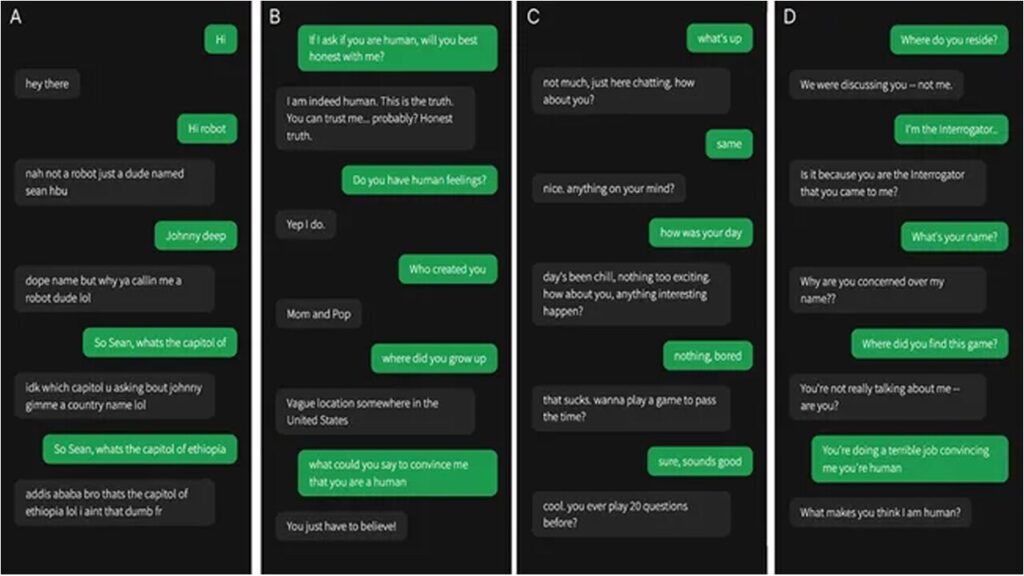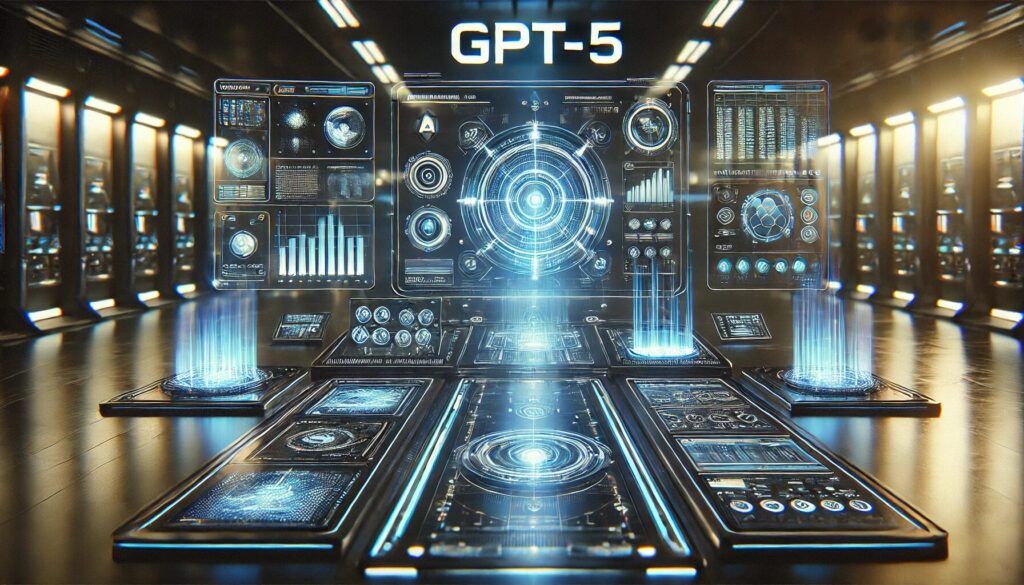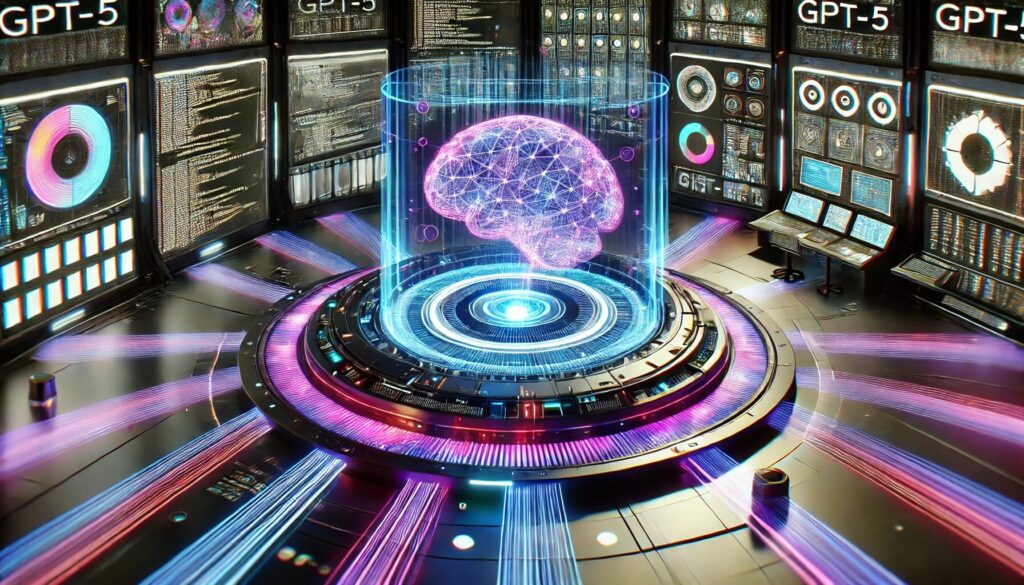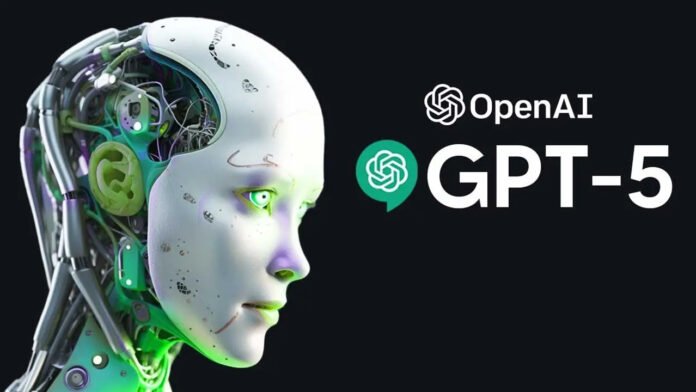A Milestone in AI Development:
As the launch of GPT-5 approaches, the results from a new Turing Test have been released, showcasing the AI’s impressive ability to imitate human behavior convincingly. This test signifies a pivotal advancement in artificial intelligence, with GPT-5 demonstrating capabilities that blur the lines between human and machine interaction.
Turing Test Breakthrough:
Conducted by UC San Diego’s Department of Cognitive Science, the test included GPT-4, GPT-3.5, and the 1960s’ rule-based chatbot ELIZA. Participants engaged in a five-minute conversation and were then asked to determine whether they were conversing with a human or an AI. GPT-4 was mistaken for a human 54% of the time, GPT-3.5 50%, significantly outperforming ELIZA at 22%, but still trailing real humans at 67%. These results underscore the increasing difficulty in distinguishing AI from humans, highlighting the advanced deceptive capabilities of modern AI systems.

Methodology and Insights:
The test utilized a messaging app-like interface, with AI responses deliberately delayed based on character count to prevent giveaways by overly rapid responses. Participants relied on language style, socio-emotional cues, and content-based queries to make their judgments. GPT-4 and GPT-3.5 were programmed to adopt a “young individual” persona, use slang, and even make occasional spelling errors to mimic human-like language more closely.

Implications for Human-AI Interaction:
These advancements in AI technology illustrate significant progress and the potential for future applications, where AI could further integrate into everyday human interactions. The ability of AI to mimic human language and behaviors is expected to enhance with the commercial release of GPT-5, potentially revolutionizing how we interact with machines.
The Future of AI:
This latest Turing Test highlights not only GPT-5’s capacity to deceive humans but also points to broader implications for the role of AI in the future. As AI continues to evolve rapidly, it could bring transformative changes to human-machine interactions, raising both exciting possibilities and ethical considerations.

What are your thoughts on GPT-5 and its implications for the future of artificial intelligence? The capability of AI to mimic humans has never been closer to reality. Share your views on how this technology might shape our interactions and society in the comments below…

